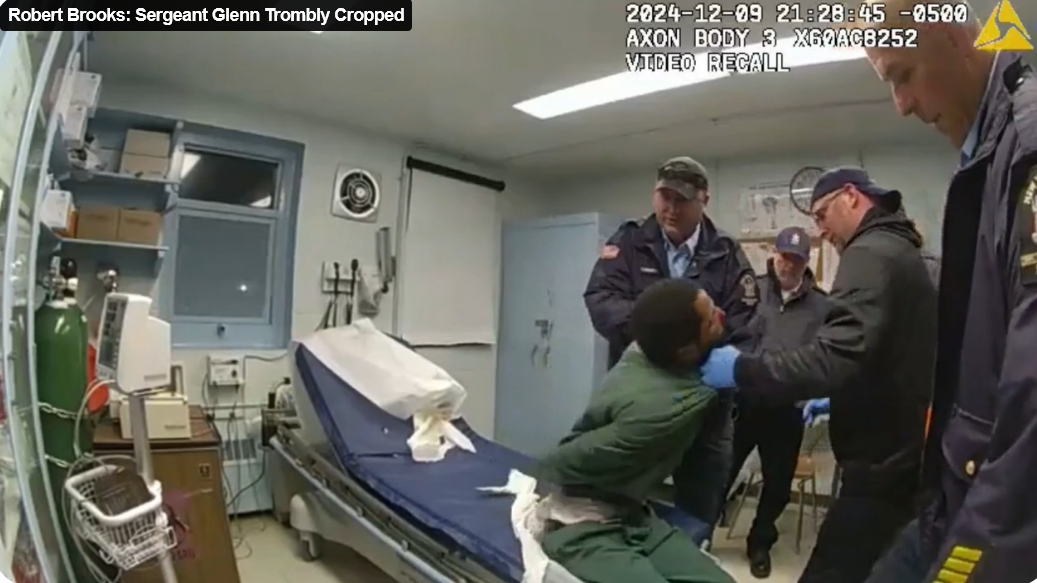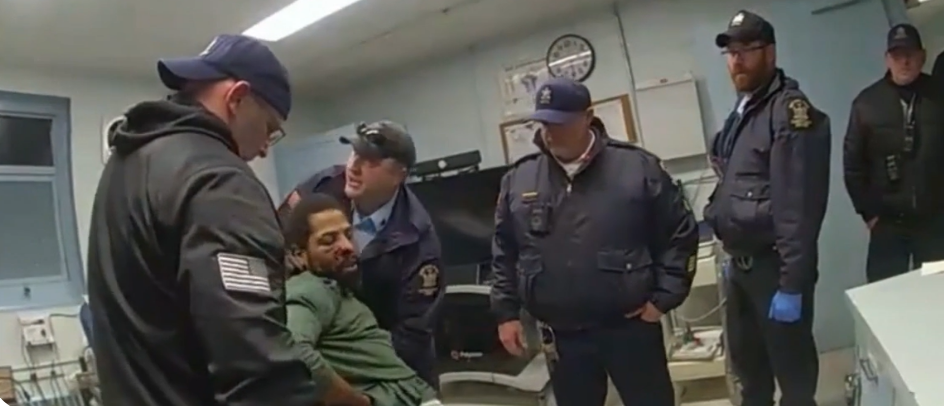Photos:YouTube\Lawyers’s Committe
Pilar Whitaker, from the Lawyer’s Committee For Civil Rights Under Law, says the CDC’s new COVID-19 protocols endangers Black America.
The COVID-19 crisis is, among other obstacles, a racial justice issue. Black people have died of COVID-19 at almost twice the rate of their white counterparts. Persistent racial disparities in vaccination rates continue: less than a quarter of Black people are fully vaccinated even now.
Despite a public commitment to eradicating COVID-19 racial health inequities, the Centers for Disease Control and Prevention’s (CDC) latest recommendations will likely do just the opposite.
From new guidelines released in May 2021, the CDC announced that fully vaccinated people would no longer be required to wear masks in almost all public indoor spaces and has also indicated it would no longer be collecting data on COVID-19 breakthrough infections in vaccinated people, except in cases of hospitalization or death. The CDC’s new approach ignores the fact that the pandemic is not over. The pandemic is a reminder of the fatal cost of federal decisions that will fall disproportionately on communities of color.
The COVID-19 Vaccine Honor System Enables Dishonesty
Foundational to the CDC’s new approach is the efficacy of the COVID-19 vaccines. True, existing research shows that the vaccines are highly effective at preventing COVID-19 infection in those who are fully vaccinated. Concern lies more with non-vaccinated populations. Currently, less than half of Americans are fully vaccinated and vaccination efforts appear to be stalling.
Dr. Fauci admitted further that retailers won’t know who is actually vaccinated. Retailers and other business communities are going to depend people’s honesty, Fauci went on to say. Under this new system, wearing a mask is now simply an individual’s choice. Enacting a vaccine honor system at this stage in the vaccine rollout is not a plan, it is a disaster waiting to happen.
Racial Health Disparities Will Persist
Both essential and in-person workers of color will be most impacted by the new honor system, explained in a letter to the CDC by the National Lawyers’ Committee. Frontline and essential work correlates with increased risk of COVID-19 exposure and infection. One study found that at the height of the pandemic, essential workers in Philadelphia had a 55% higher chance of contracting COVID-19 than people who could work from home. Worse still, over half of all essential workers have underlying health conditions that put them at increased risk from COVID-19.
Who are these essential and in-person workers? Disproportionately people of color.
Workers in the transit, health care, grocery, child care and social service industries, all of which are likely to be impacted by the new guidance, are disproportionately people of color. Black and Hispanic women are especially concentrated in low-income frontline jobs compared to men, and are overrepresented in public-facing jobs in the service industry, such as cashiers, retail workers, and fast-food workers.
The potential for the recent guidance to exacerbate racial health inequities is not merely hypothetical. The Washington Post reports that, as of May 2021, Black people made of 80% of new coronavirus cases in Washington D.C.—compared to just 46% late last year. According to the Post, the share of new infections spiked in mid-April, as the vaccines because more widely available. Meanwhile, the infection rate among White people dropped by 10%.
We Still Need COVID Health Data
Data, as President Biden has made abundantly clear, is crucial to addressing racial health disparities. Without accurate and secure data, the government is blind to the pandemic’s impact on the most vulnerable among us. The fact that the CDC will now only investigate or track COVID-19 infection for vaccinated people who are hospitalized or die is especially worrying.
It will now be virtually impossible for public health advocates to track breakthrough infections at all, as most are unlikely to lead to hospitalization or death. The public simply won’t know the true risk of COVID-19 infection after vaccination. This information could be critical for some low-income communities and communities of color, where many people are more likely to work in public facing jobs, live in multi-generational housing or overcrowded spaces , and have underlying conditions that may increase their COVID-19 risk.
With so much unknown, the CDC’s latest actions both endanger lives and limit its own ability to gather essential information.
Black and Brown people have lost too much over the past year. The CDC cannot sacrifice the health and safety of vulnerable communities for the sake of normalcy.
Written by Pilar Whitaker, associate counsel, Economic Justice Project and Monica Sharma, Cleary fellow also with the Economic Justice Project at the Lawyers’ Committee for Civil Rights Under Law.






